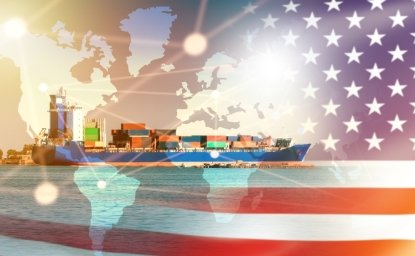Just a few years ago, Ireland was at its modern zenith. A country that was once poor, stagnant, and insecure had been transformed into a rich, culturally vibrant land that was at peace for the first time in generations. Now, however, the once proud "Celtic Tiger" confronts its most daunting challenges since independence.
Ireland isn't alone in suffering the aftermath of colossal financial errors. But there are distinctive Irish attributes to its recent boom-and-bust, as I explain in my book, When The Luck Of The Irish Ran Out. Among them: An almost visceral instinct to own land, a legacy of the 19th-century history of colonial dispossession and eviction, which fueled a mammoth property bubble.
With Ireland having moved center stage in the European debt crisis, it's easy to lose sight of how far the country has come. In the early 1980s, where I begin my story, Ireland had an unemployment rate above 18% and a debt-to-GDP ratio of 130 percent, on par with some Third World nations. Each year, the country's best-and-brightest emigrated to find elsewhere the opportunity they could not find at home. The society, too, seemed frozen in the past. The simple act of buying a condom required a doctor's written prescription. Terrorist violence in Northern Ireland was just a 2-hour drive from Dublin.
Ireland's current financial catastrophe is not to be underestimated. Repairing and recapitalizing the Irish banks is expected to cost taxpayers anywhere from one-third to one-half of GDP. Relative to the size of the economy, that would be akin to as many as 10 TARP programs.
So far, while there's no sign of a Celtic Tea Party, the Irish are justifiably angry over the manifest failures of their political and business elites. The country faces an inescapable period of retrenchment and sacrifice over the next several years. But, as I argue in When The Luck Of The Irish Ran Out, there is no reason that Ireland's medium-term prospects shouldn't be brighter.
Over the years, the Irish have demonstrated an impressive capacity to reverse course when needed. In the 1950s, Fianna Fail abandoned the "Little Ireland" protectionism that was its core philosophy in favor of free trade. Later when the budget busting of the 1970s proved ruinous, Ireland's leaders embraced reforms that sparked a growth miracle. The world has changed too much since the 1980s for Ireland to simply reprise the old Celtic Tiger formula. Will the land of saints and scholars find a new recipe for growth? There is good reason to believe it will.



